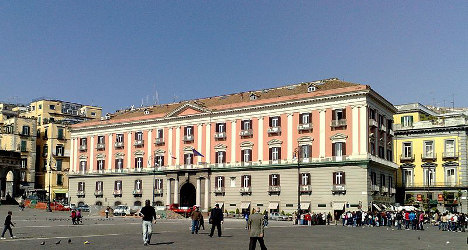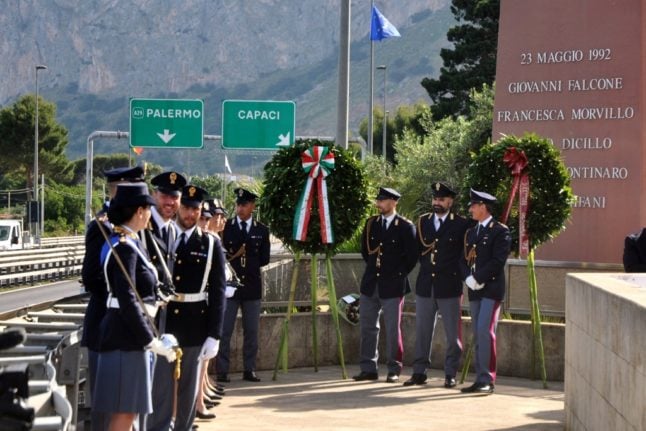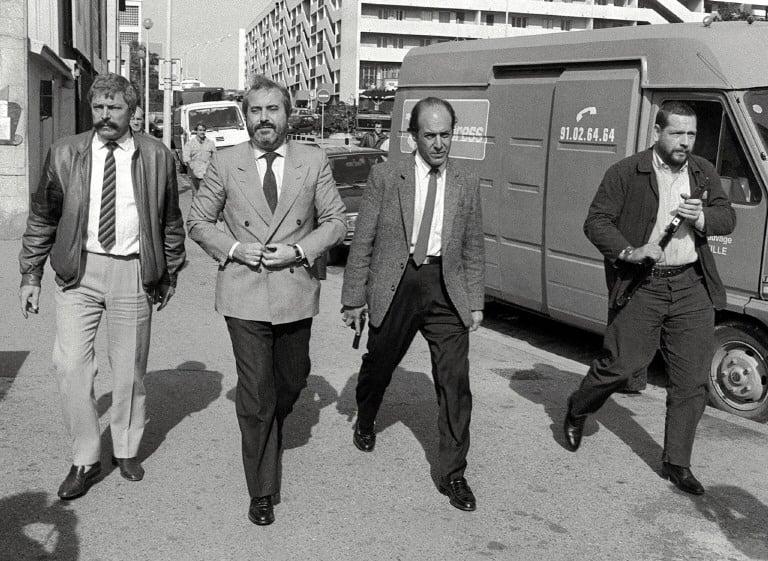The explosive envelope was addressed to Naples’ prefect Francesco Antonio Musolino, the chief administrative official of the city, Il Fatto Quotidiano reported on Tuesday.
However, the letter exploded while being opened by one of Musolino’s administrative employees at the prefecture, despite a wire seen protruding from the white A4 envelope.
The woman who opened the letter is said to be in shock, having suffered minor burns to her hands and eyebrows. She was treated for her injuries in hospital and was discharged a few hours later, according to La Stampa.
Bomb disposal experts were called to the scene and Special Branch officers are investigating the origins of the bomb.
According to investigators, the envelope contained a relatively sophisticated device. The deputy commander of Naples’ fire brigade confirmed that the envelope did not contain any toxic or radioactive substances.
So far, no one has so far claimed responsibility for the bomb.
Meanwhile at the prefecture, employees refuse to be rattled by the incident.
“We have never had threats of any kind in the prefecture. We are calm and we are continuing with our work,” the head of the prefecture’s advisory board Francesco Esposito was quoted as saying.
Letter bomb attacks are not infrequent in Italy, according to AFP. Italian far-left anarchist group FAI in particular has committed a string of attacks on European institutions and foreign embassies in Rome since 2000.
The group has widened its reach in recent years, with campaigns against tax inspectors, bankers, diplomats and a nuclear engineer.
Don't miss a story about Italy – Join us on Facebook and Twitter.




 Please whitelist us to continue reading.
Please whitelist us to continue reading.
Member comments